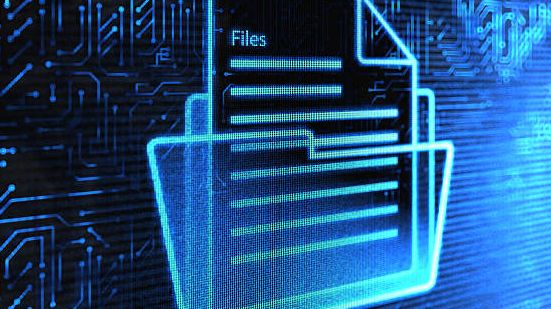If you have conducted oral history interviews, you may be wondering how best to archive them digitally.
There are a number of different digital archives where you can store your oral history interviews. Some of these archives are specialized for oral history, while others are more general-purpose. When choosing a digital archive, it is important to consider the following factors:
Security: The archive should have adequate security measures in place to protect your interviews from unauthorized access.
Preservation: The archive should have a plan in place to preserve your interviews for the long term.
Accessibility: You should be able to easily access and download your interviews from the archive.
Cost: Some digital archives charge a fee for their services.
In this blog post, we will discuss a number of possible digital archives for your oral history interviews. We will also provide tips on how to choose a digital archive and how to prepare your interviews for archiving.
Online repositories
An online repository is a digital archive where users can store, organize, and share a variety of digital content, such as documents, images, videos, and audio files. There are a number of online repositories that specialize in archiving oral history interviews. These repositories offer a variety of features, such as the ability to upload and store your interviews in a secure environment, create transcripts, and share your interviews with others.
Some popular online repositories for oral history interviews include:
Oral History Metadata Synchronizer (OHMS)
OHMS is a free and open source software application. It is used by a variety of institutions, including libraries, archives, museums, and universities, to preserve and make accessible their oral history collections.
Aviary
Aviary is a digital platform for storing, managing, and sharing oral history interviews. It is easy to use and used by a variety of institutions, including libraries, archives, museums, and universities, to preserve and make accessible their oral history collections. It is also used by individual researchers and oral historians to store and manage their own interviews.
Smithsonian Center for Folklife and Cultural Heritage
The SCFH is a vital resource for the study and preservation of cultural heritage. The center’s work helps to ensure that the diverse cultural traditions of people from all over the world are documented, celebrated, and passed on to future generations.
American Folklife Center
The American Folklife Center is a vital resource for the study and preservation of American folklife. The center’s work helps to ensure that the rich heritage of our nation’s people is documented, celebrated, and passed on to future generations.
National Archives and Records Administration (NARA)
NARA is a valuable resource for anyone who wants to learn more about the history and government of the United States. The agency’s collections and services provide a unique opportunity to explore the past and to understand the present.
Institutional repositories
Many institutions, such as colleges, universities, and libraries, also have repositories where you can archive your oral history interviews. Institutional repositories offer a number of advantages, such as the ability to preserve your interviews in a long-term and sustainable way. They may also offer support with cataloging and describing your interviews.
To find out if an institution has a repository where you can archive your oral history interviews, contact the institution’s library or archives department.
Personal storage
If you prefer to keep your oral history interviews in your personal possession, you can archive them on your own computer or external hard drive. However, it is important to take steps to ensure that your interviews are preserved for the long term. This includes backing up your interviews regularly and storing them in a safe place.
You can also use a cloud storage service, such as Google Drive or Dropbox, to store your oral history interviews. Cloud storage services offer a number of advantages, such as the ability to access your interviews from anywhere and the ability to share them with others easily.
No matter which option you choose, it is important to develop a digital preservation plan for your oral history interviews. This plan should include information on how you will store, back up, and access your interviews over time.
Here are a few additional tips for archiving your oral history interviews digitally:
Create a backup of your interviews and store it in a separate location.
Use a file format that is widely supported and easy to preserve, such as WAV or MP3 for audio files and PDF or TXT for transcripts.
Catalog and describe your interviews so that you and others can easily find and use them.
Consider sharing your interviews with an online repository or institutional repository to ensure that they are preserved for the long term.
Conclusion
By following these tips, you can ensure that your oral history interviews are preserved and accessible for future generations.
That’s it for this blog, please keep us in mind for all your oral history transcription needs. Remember to always be kind, stay positive and learn to unwind.
